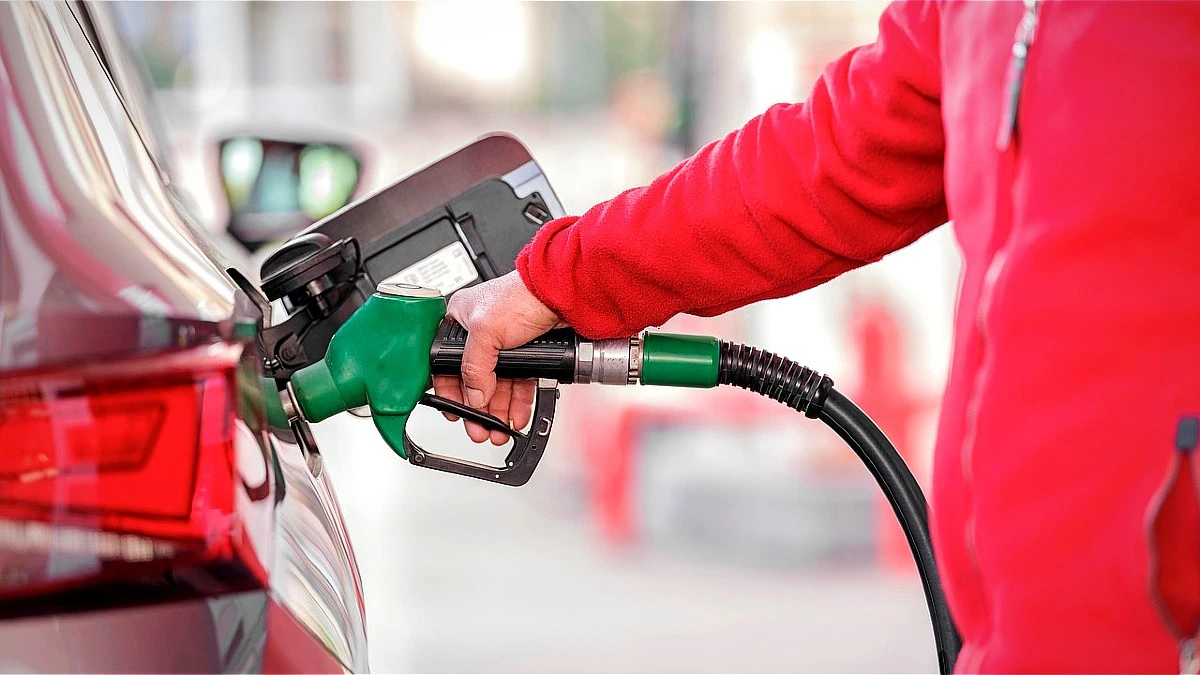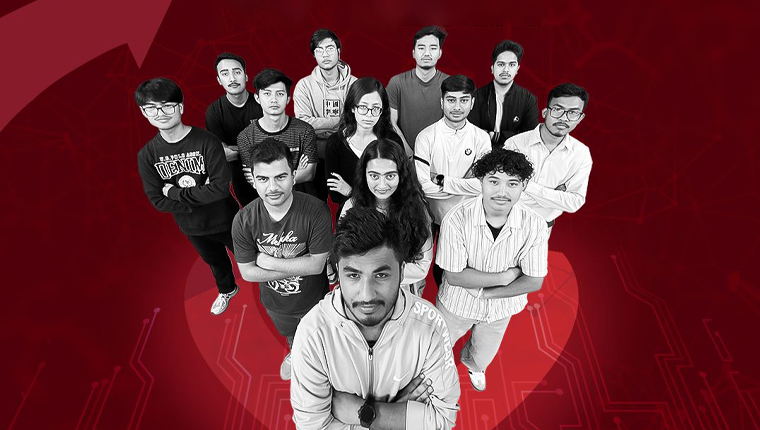
India’s Early E20 Ethanol Milestone Sparks Praise and Concerns Over Vehicles and Food Security
India has achieved its target of 20% blended ethanol with petrol (E20) five years ahead of schedule, and the government claims that it will cut emissions as well as lessen dependency on oil imports. Since 2014, ethanol blending has saved foreign currency of $1.5 billion dollars and has avoided the emission of almost 70 million tonnes of carbon dioxide. Proponents point to increasing fuel consumption and that ethanol is a key component in lowering fuel emissions tied to transportation.
Yet the detractors point to multiple challenges. A very large share of vehicles in India are not E20 compliant. Owners of vehicles fear less mileage, fuel wear on engines and possible denials of insurance claims related to damage from the use of E20. Consumers with gasoline vehicles report lower fuel economy and insurance companies are also warning that they may deny claims pertaining to damage when using non-compliant fuel. Some manufacturers like Maruti Suzuki and Bajaj have put E20 kits or additives to comply with E20 fuel. For consumers, the major concern is consumers do not want to be forced onto E20 petrol without an option to choose.
In addition to vehicles, the policy elicits genuine questions around food security and agriculture. Ethanol feeds mainly off sugarcane and maize; crops that compete with essential food. By 2025, India will require 10 billion liters of ethanol, and by 2050, 20 billion liters, meaning substantial gains must be made in sugarcane and maize production. Additionally, the high demand for maize could pull farmland away from essential crops like pulses and oilseeds. In fact, India is already importing maize just to meet its ethanol requirements, and the government is redirecting poultry farmers to imported maize and has taken 5.2 million tonnes of rice from food stocks and sent it to the ethanol fuel supply. Space for crops is drearily disappearing, and experts predict this will only worsen hunger across India, where over 250 million people are already food insecure.
The government has been attempting to defend its policy, as it advocates for long-term benefits receive member support. However, researchers warns that scaling beyond E20 could cause "stress" in agricultural systems and threaten food supply. Some suggest India should not leave E10 at all. Officials hope India will continue to transition towards higher blends such as E25 and E30 over the coming years.



.jpg)
.jpg)



